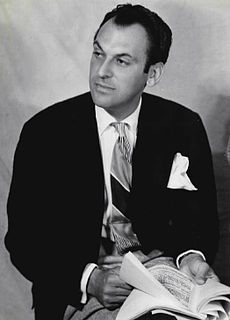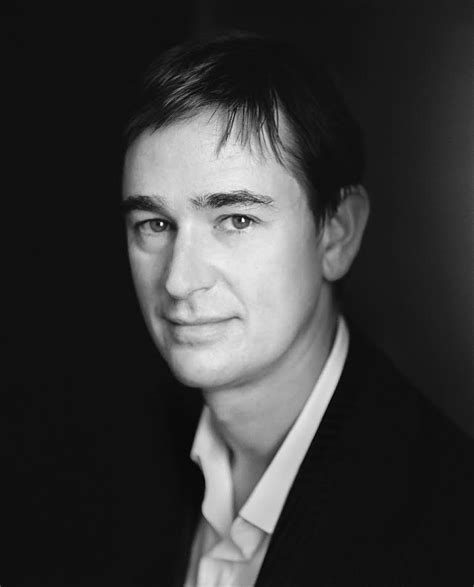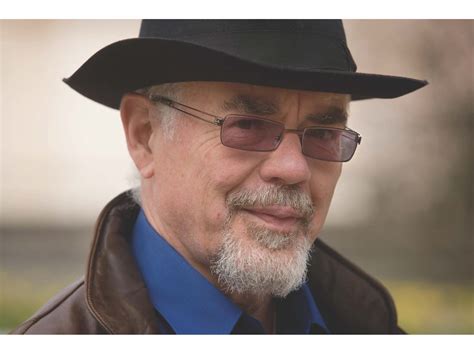A Quote by Moss Hart
Self-deception is sometimes as necessary a tool as a crowbar.
Related Quotes
What is the most fascinating kind of self-deception to me, and a kind that isn't necessarily unhealthy, is what Friedrich Nietzsche called "strategic self-deception." The kind of self-deception that you can engage in with your eyes wide open. You do it because you say, "There's things that I couldn't accomplish without this kind of self-deception."
[Science] is not perfect. It can be misused. It is only a tool. But it is by far the best tool we have, self-correcting, ongoing, applicable to everything. It has two rules. First: there are no sacred truths; all assumptions must be critically examined; arguments from authority are worthless. Second: whatever is inconsistent with the facts must be discarded or revised. ... The obvious is sometimes false; the unexpected is sometimes true.
If... deceit is fundamental to animal communication, then there must be strong selection to spot deception and this ought, in turn, to select for a degree of self-deception, rendering some facts and motives unconscious so as not to betray - by the subtle signs of self-knowledge - the deception being practiced.' Thus, 'the conventional view that natural selection favors nervous systems which produce ever more accurate images of the world must be a very naive view of mental evolution.
That's the old AA maxim, "Always have a drink in your hand and you'll never want a drink." That's one of the most classic deceptions in the literature: "I'll take a drink tomorrow." I actually don't think that's necessarily a very helpful maxim in AA, but it's a very good maxim in showing how strategic self-deception can be employed, even self-consciously. That's the amazing thing, to me, about self-deception.
Why do most great pictures look uncontrived? Why do photographers bother with the deception, especially since it so often requires the hardest work of all? The answer is, I think, that the deception is necessary if the goal of art is to be reached: only pictures that look as if they had been easily made can convincingly suggest that beauty is commonplace.




































